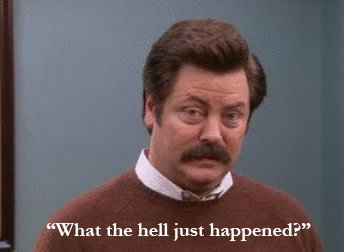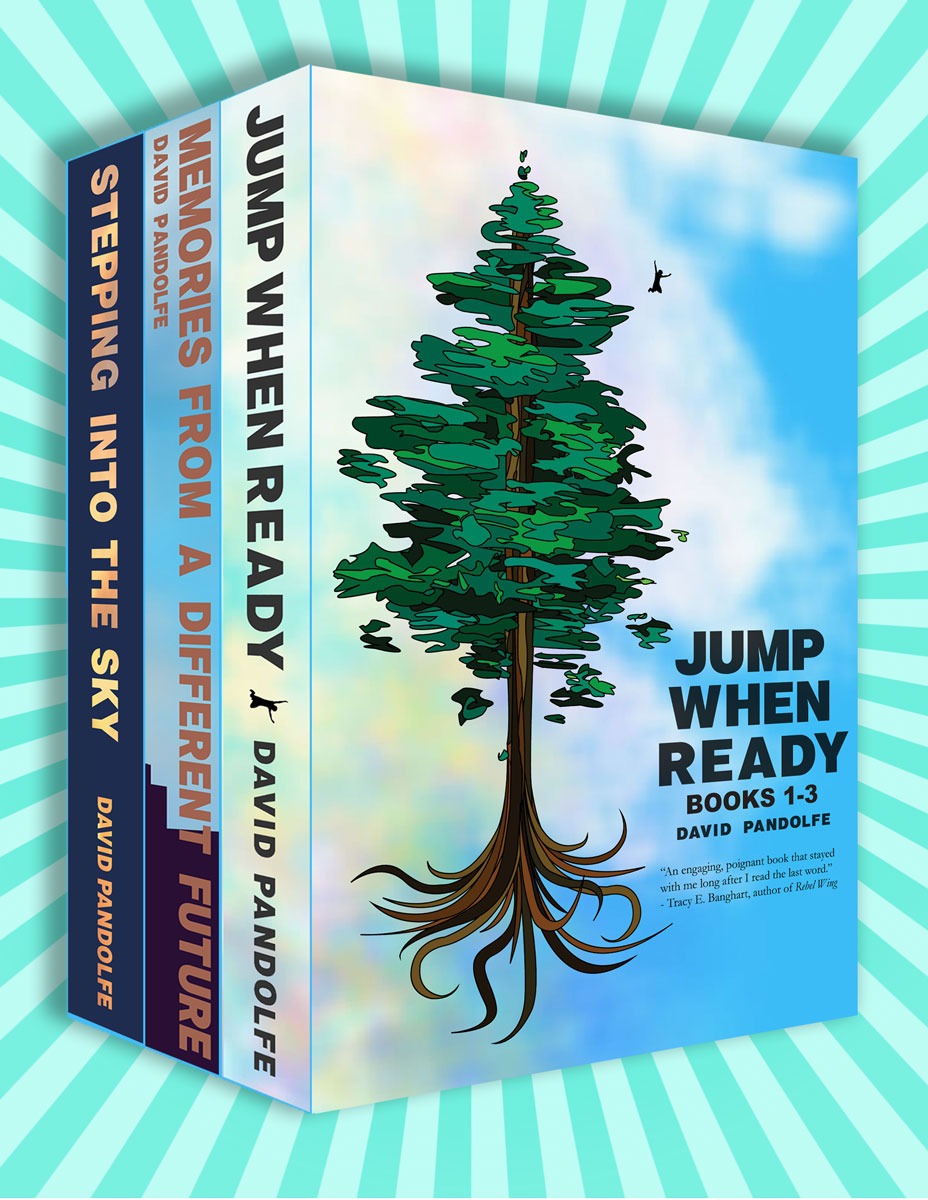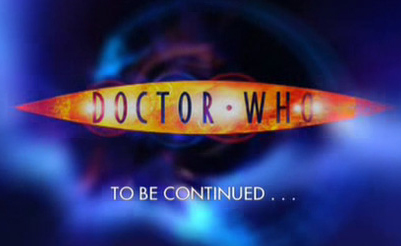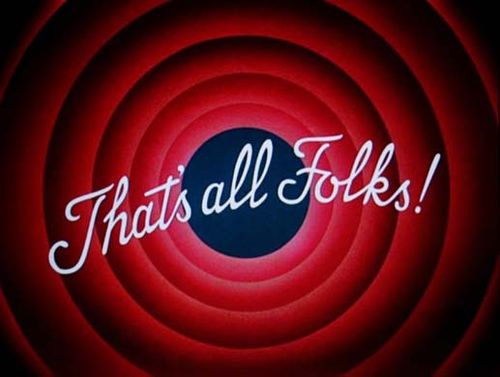 So, I’ve been thinking about endings lately. Yes, this has something to do with finishing a new novel but it also involves a recent comment from someone saying Streetlights Like Fireworks is a “cliff-hanger.” I’ve heard this once or twice before (actually, I think just twice) and each time I’ve found myself perplexed. This post isn’t about reviews by the way. People have every right to say whether they do or don’t like a book. What the comment made me wonder about, though, is whether the popularity of series and serials has changed reader expectations of how, and when, stories should end.
So, I’ve been thinking about endings lately. Yes, this has something to do with finishing a new novel but it also involves a recent comment from someone saying Streetlights Like Fireworks is a “cliff-hanger.” I’ve heard this once or twice before (actually, I think just twice) and each time I’ve found myself perplexed. This post isn’t about reviews by the way. People have every right to say whether they do or don’t like a book. What the comment made me wonder about, though, is whether the popularity of series and serials has changed reader expectations of how, and when, stories should end.
A while back, I went through a writing program that I enjoyed quite a bit and from which I learned a lot. In most respects, this is neither here nor there (I’m hardly a literary writer) but one of the things I came away with from that program was that you should never tie everything up with a nice little bow and say “the end.” The idea being that the experience feels artificial and contrived. Also (more importantly), that novels work much more nicely if things end on a slightly suspended note. That way, the reader can envision the characters living on past the last page and, by leaving some things to the imagination, you’ve given the reader the gift of not having your novel ever quite end. To a degree, readers can imagine for themselves how certain aspects might yet play out in “the future.” Personally, that idea appeals to me. I don’t mean leaving major plot points unresolved. Instead, I mean aspects that aren’t quite on the page but are fairly safe to assume given how the main story arc completes. I wonder if the trend toward book series over stand-alone novels has somewhat altered reader expectations whereby readers sometimes expect these same suspended notes to be the starting point of the next book in a series, even if the resolution of these aspects seems kind of predictable (which can be another reason they take place “off stage”).
On the other hand, could it be a good thing for writers that readers have come to hope (maybe even expect) that novels become a series? I’ll answer that one. Yes! Obviously, this can be a good thing for writers. For example, I didn’t plan for my first published book, Jump When Ready, to become a series. I intended it as a stand-alone with just a little left to the imagination at the end (looking back, it would have been much smarter to leave a few more questions unanswered but live and learn). I went on to writing Streetlights Like Fireworks with the same intention. Then this really nice thing happened. I kept hearing from readers who wanted both stories to continue. The thing is, I was quite happy to do that since I love the characters from each book and really didn’t want to say goodbye to them either. At the same time, should a writer feel obligated to create a series because of the trend? Is a writer’s chances of finding a readership lessened because his or her books are stand-alone works? I’ve heard writers say that they don’t even consider promoting a book until they have at least one follow-up published as well. Presumably, this could pertain to other stand-alone novels but most of the time I get the impression this is referring to other books continuing the series.
As I mentioned at the start, this has also made me think about endings and how they’ve changed. Have we entered an era where readers want every question answered (even those peripheral to the main plot) before they feel satisfied by a book’s conclusion? Do readers find an ending that leaves nothing to the imagination truly satisfying? Do you ever get the feeling that, rather than reading a novel, you’re reading part of a novel that’s been chopped up into parts for reasons that don’t best serve the story? Even while I’m writing a series at the moment, I have to admit there have been times when I’ve seen a book and thought it sounded great but wasn’t sure about reading four (or six, or eight) installments to reach the end. I just wanted to read one of those old-fashioned books that actually end at, you know, the end of the same book I started reading. Or is that view outdated already? Define ending, right? Define book, for that matter. A good example might be Hugh Howie’s Wool, which started out as a very satisfying and intriguing novella. Left alone, it would have remained wonderful. But the story’s popularity led to the creation of more parts which, ultimately, became the omnibus (but we really think of that as the book now).
Occasionally, I’ve read books intended as part of a series where I felt totally ripped off by the true cliffhanger at the end. By that I mean, the story essentially came to an abrupt halt like an episode of Doctor Who wrapping up with “To Be Continued” (and you Whovians out there know that can mean in six months’ time when they resume airing shows). On the other hand, I’ve read series books where the experience was totally satisfying and it was then up to me whether I continued reading. For the example I’m thinking of, I did, because the first book was so satisfying and the writing so good that I wanted to read more. This also meant that the first book reached a point of satisfying conclusion while still leaving a few questions unanswered (but not to the degree where I didn’t feel the story had reached a fitting conclusion).
So, what do you think? Have we redefined the meaning of “the end?” Do you like the trend toward more series and less stand-alone novels where you get to spend more time with your favorite characters? Or do you sometimes feel that stories are too often being left suspended on obviously manipulative cliff-hangers so that readers have to buy the next book?
Be sure to read my next blog post, where I’ll tell you how the majority of readers feel.
Kidding, of course.
The end.




Recent Comments